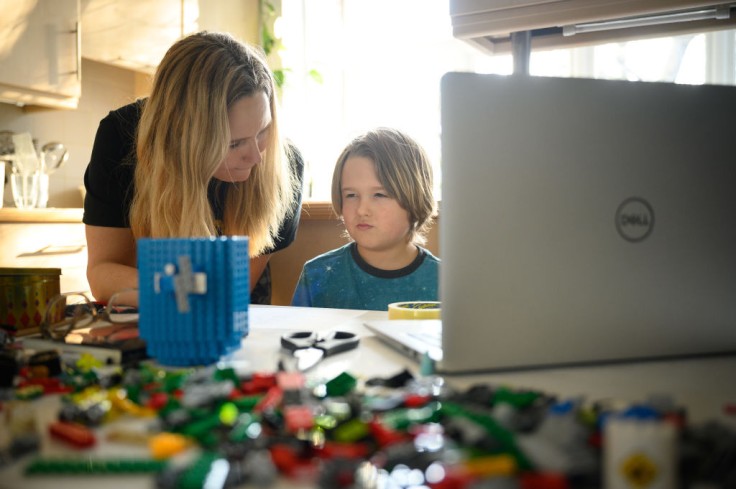
Narcissism includes a personality disorder or characteristics that influence how someone sees themselves and interacts with others.
Impact of Narcissistic Parents on Children
Narcissistic parents display characteristics or have a narcissistic personality disorder, influencing their parenting. This can deeply influence children, resulting in lasting mental health effects into adulthood.
Narcissism can be illustrated as an increase in self-image, manipulative behavior for personal gain, low empathy, selfishness, hypersensitivity, and dependency on others.
Narcissistic characteristics in parents, whether as personality traits or manifestations of narcissistic personality disorder (NPD), essentially influence their kid's mental health. They may treat their children with a sense of predominance and a tendency to maneuver circumstances for personal gain.
Some Signs of a Narcissistic Parent
- Living through their child and treating them as an extension of themselves
- Withholding love, kindness, or warmth from their kids or family members
- Showing intense jealousy and affinity when a child's attention is elsewhere
- Using bullying tactics such as teasing, criticism, manipulation, and gaslighting to maintain control
- Being emotionally rigid and reactive while disregarding their child's emotions
- Refusing to establish or respect boundaries set by their child
- Blaming their children or family members for problems and avoiding responsibility
- Neglecting or intentionally abusing their child emotionally, verbally, or physically
Children may struggle to protect themselves and experience long-term mental health issues. Common signs include difficulty prioritizing their own needs, challenges with setting boundaries, people-pleasing behaviors, adopting narcissistic traits, and developing mental health conditions like anxiety or depression early in life.
Protecting and Restoring a Child from a Narcissistic Parent
Safeguarding a Child from a Narcissistic Parent
It's not exceptional for one parent in a relationship to display narcissistic characteristics while the other acts as a defender.
- Be the trustworthy parent your child can rely on.
- Establish personal boundaries that your child can observe.
- Model healthy behaviors for your child to emulate.
- Foster open communication and validate your child's emotions.
- Reduce interaction with the other parent if co-parenting post-separation.
- Maintain records and take action if indifference or abuse is noticeable.
Rebuilding a Relationship with a Narcissistic Parent
Recovering from narcissistic parenting often includes repairing the relationship with the parent, though this journey can be difficult.
- Recognize reality: A critical step is accepting that many people with narcissistic characteristics or NPD may be reluctant or face obstacles in changing. Embracing this truth can be an important part of the healing process.
- Establish personal boundaries: Narcissistic people may disdain their kid's boundaries, even in adulthood. Reconnecting with a narcissistic parent needs setting and maintaining boundaries important for your safety and well-being.
- Seek professional support: Healing a relationship with a narcissistic parent is complicated and may include processing important emotional history. Support can be found through personal efforts, a supportive network, or guidance from a mental health expert.
- Consider family therapy: Honest dialogue and a commitment to repairing parent-child relationships can benefit from family therapy. Utilize resources to find qualified mental health professionals in your area who specialize in this area.
Narcissistic parents' self-centered behaviors greatly influence their kid's emotional and behavioral growth. Seeking support from mental health professionals is important for navigating these complicated relationships and enhancing healing.